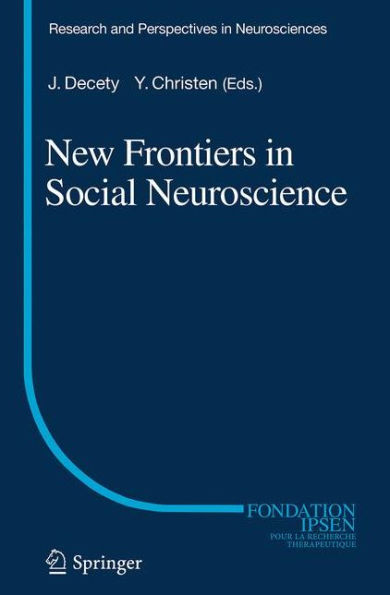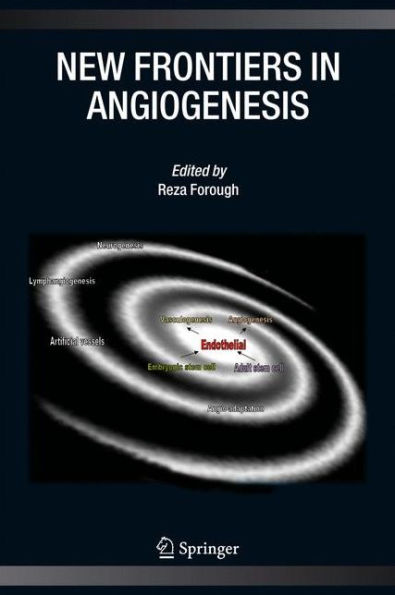Home
New Frontiers in the Study of Gene Functions
Barnes and Noble
Loading Inventory...
New Frontiers in the Study of Gene Functions in Bloomington, MN
Current price: $54.99


New Frontiers in the Study of Gene Functions in Bloomington, MN
Current price: $54.99
Loading Inventory...
Size: OS
The heat-shock proteins in E. coli are transiently overexpressed af- ter shift to a higher growth temperature. The genes that encode the HSPs are preceded by promoters transcribed in vitro by a form of RNA poly- 32 32 merase holoenzyme containing a 32-kd a subunit (Ea ). The a subunit is encoded by the rpoH (htpR) gene, previously identified as a positive 32 effector of the heat-shock response. Our evidence suggests that Ea is the enzyme that transcribes heat-shock genes at all temperatures. The level 32 of a may be regulated at several points: Accumulation of rpoH mRNA 32 is affected by temperature shift, a synthesis is regulated posttranscrip- 32 tionally, and a is an unstable molecule with a tl/2 of 5 min. Many mu- tations in the HSPs are shown to have defects in proteolysis. References Baker. T. A., Grossman. A. D . . and Gross. C. A., 1984, A gene regulating the heat shock response in Escherichia coli also affects proteolysis. Proc. Natl. A cad. Sci. US. A. 81:6779-6783. Bardwell, J. C. A . . and Craig, E. A . . 1984. Major heat shock gene of Drosophila and the Escherichia coli heat-inducible dnaK gene are homologous, Proc. Natl. Acad. Sci. US. A. 81:848-852. Bukhari. A. I. . and Zipser. D . . 1973, Mutants of Escherichia coli with a defect in the degradation of nonsense fragments, Nature New Bioi. 243:238-241. Charette. M. F., Henderson, G. W., and Markovitz, A.
The heat-shock proteins in E. coli are transiently overexpressed af- ter shift to a higher growth temperature. The genes that encode the HSPs are preceded by promoters transcribed in vitro by a form of RNA poly- 32 32 merase holoenzyme containing a 32-kd a subunit (Ea ). The a subunit is encoded by the rpoH (htpR) gene, previously identified as a positive 32 effector of the heat-shock response. Our evidence suggests that Ea is the enzyme that transcribes heat-shock genes at all temperatures. The level 32 of a may be regulated at several points: Accumulation of rpoH mRNA 32 is affected by temperature shift, a synthesis is regulated posttranscrip- 32 tionally, and a is an unstable molecule with a tl/2 of 5 min. Many mu- tations in the HSPs are shown to have defects in proteolysis. References Baker. T. A., Grossman. A. D . . and Gross. C. A., 1984, A gene regulating the heat shock response in Escherichia coli also affects proteolysis. Proc. Natl. A cad. Sci. US. A. 81:6779-6783. Bardwell, J. C. A . . and Craig, E. A . . 1984. Major heat shock gene of Drosophila and the Escherichia coli heat-inducible dnaK gene are homologous, Proc. Natl. Acad. Sci. US. A. 81:848-852. Bukhari. A. I. . and Zipser. D . . 1973, Mutants of Escherichia coli with a defect in the degradation of nonsense fragments, Nature New Bioi. 243:238-241. Charette. M. F., Henderson, G. W., and Markovitz, A.

















